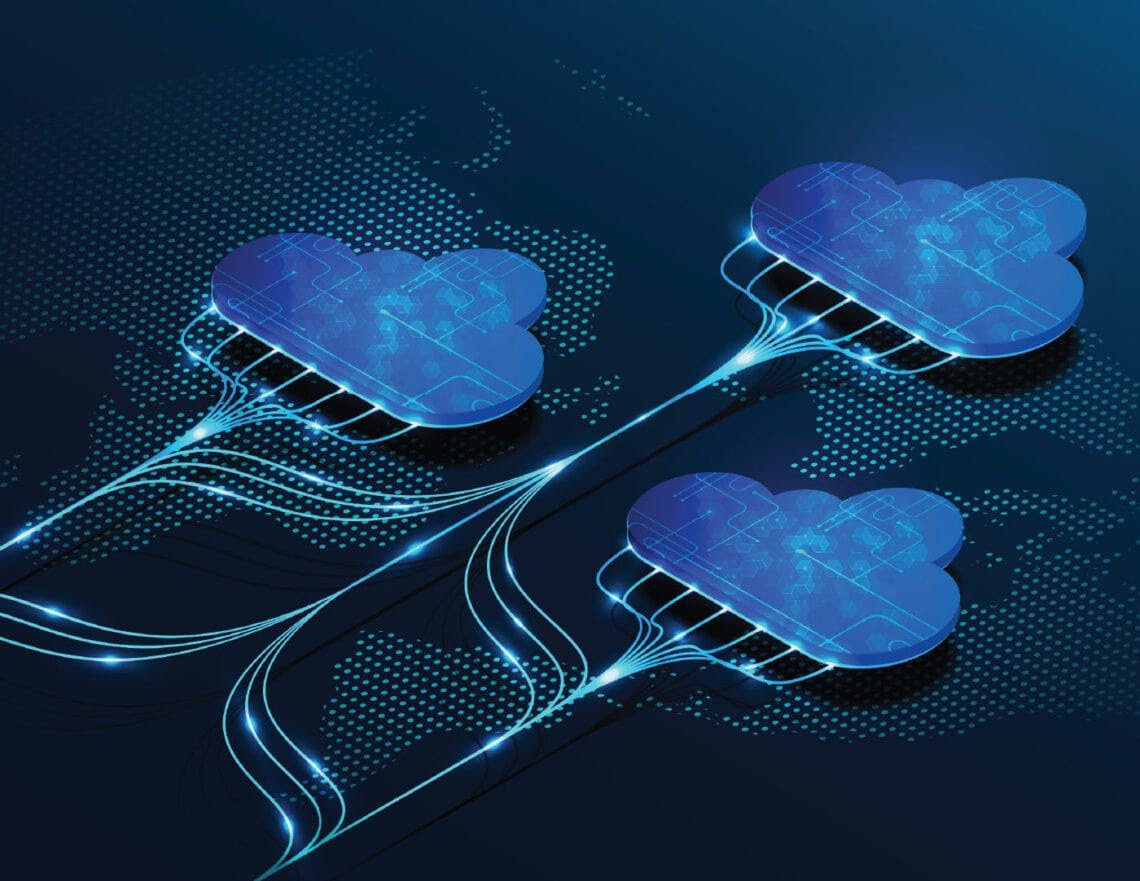
The more SAP clarifies its cloud strategy, the murkier lies the future for those loyal customers on whose shoulders it built a leading ERP market share with on-premises solutions. The headline at IT Jungle succinctly summed up the one-two punch of recent SAP pronouncements: SAP Raises Costs, Slashes Innovation for On-Prem Software.
The first blow landed during the company’s second quarter earnings call with analysts in July, when SAP CEO Christian Klein declared, “SAP’s newest innovations and capabilities will only be delivered in SAP public cloud and SAP private cloud using RISE with SAP as the enabler.” That includes the new AI and sustainability innovation the company says it is investing in.
The second blow landed a week later with a published adjustment of SAP support fees for 2024, in which it raised the annual fee for SAP support agreements by up to 5%, and that’s on top of the 3.3% increase this year.
RISE or get left behind
So much for loyalty. The company has set in policy what many existing customers have long feared: it seems SAP is more than willing to leave them behind if they won’t convert their SAP software licenses to cloud-based subscriptions.
Furthermore, Forrester senior analyst Akshara Naik Lopez noted that the end of innovation features on all non-cloud versions, “…appears to be a double whammy to SAP customers, as it also impacts customers who recently moved to S/4HANA implementations on-premise (sic) or on hyperscalers outside of RISE with SAP option.”
Not surprisingly, that leaves some companies thinking, “OK, so we invested 25 years in SAP, we always bought the newest software, we always kept it up to date. Now we should spend millions of dollars to move our critical systems to the cloud just because the vendor says so?”
It’s not hard to understand why SAP is pursuing its cloud strategy: the company told financial analysts its cloud-related gross margin increased to 72.2% in the second quarter of this year. Harder to comprehend is why SAP appears eager to leave loyal customers in the dust.
Many SAP customers want to stick with ECC
Although the company last year said it will end mainstream support for on-prem ERP Central Component (ECC) 6.0 in 2027 (or 2025 for clients running ECC 6.0 enhancement package lower than 6), many companies on ECC ignore what SAP wants them to do and instead choose third-party maintenance because SAP has already taken away half the value of maintenance.
“The old promise has always been you are paying support to your ERP vendor, you get maintenance: support hotline and bug fixes. And you get access to enhancements packages,” Christian Hestermann, Gartner senior director analyst, told The Register. “For ECC, SAP stopped doing that in 2015 with the release of S/4HANA. So they basically took 50 percent of the promised value away from the customer. To this day, I don’t understand why customers did not oppose this more strongly.”
“As of June 2023, fewer than half of the organizations running SAP Business Suite core applications have licensed SAP S/4HANA with an even smaller number completing a deployment,” SAPinsider reports. “This means thousands of organizations will likely be impacted by the upcoming end of maintenance deadlines for their version of SAP ERP.”
Despite SAP’s push to the cloud, on-premises customers aren’t stuck with SAP’s “my way or the highway” approach. SAP’s promised innovations, for example, are not the only way to introduce new features.
We are, after all, now in an era when IT departments look at new business ideas and think with open minds, considering flexible options to innovate around the edges of their core, stable ERP. Many companies rely on highly customized, mission-critical core ERP platforms that are highly reliable and they have no wish to rebuild their integrations whenever the vendor dictates an update, upgrade, or migration—particularly given the risks in moving critical systems to cloud, especially when the vendor rewrites the rules midway through the game.
“When SAP extended support for S/4HANA there wasn’t a differentiation between cloud or on-prem. The message was that S/4HANA is the next thing for the customers to go to,” Jens Hungershausen, chairman of the board at SAP German-speaking user group DSAG, told The Register.
Instead, customers may prefer to keep their core ERP stable and enhance that by innovating around the edges. Savvy users have found ways to cut back on increasingly more costly and less useful vendor support to fund innovation as they see fit.
Rimini Street recently reaffirmed its strategy to enable SAP users with guaranteed availability of 15 years of worry-free, enhanced support and managed services for SAP ECC and S/4HANA on-premises licensees.
For almost two decades, Rimini Street has helped clients maximize the ROI from existing investments and utilize the savings they realize from lower support costs to selectively innovate with best-of-breed options that can enhance their stable core ERP. Check out our SAP Savings Calculator for a detailed report on how you could achieve a higher ROI on your existing SAP investment.
